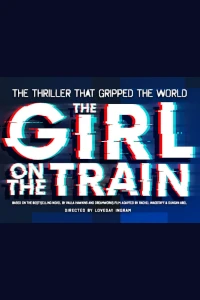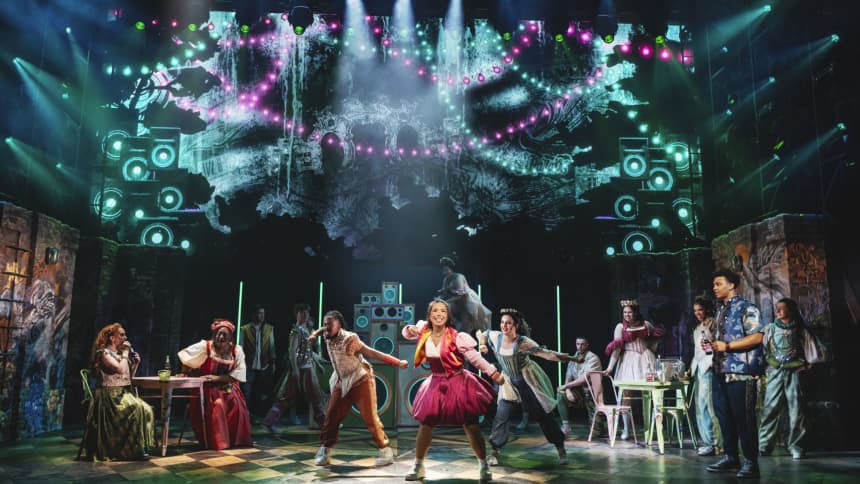
& Juliet is a delightful, riotous show that takes the ending of Romeo and Juliet and asks, ‘what if Juliet didn’t kill herself? What if she lived on..?’ The show is full of class hits penned by Maz Martin, Swedish record producer and songwriter, and what a backlist of hits he has!
One of those hits is Katy Perry’s Roar and I was lucky to be invited to take part in a dance class to learn (just a smidgen) of that dance. The class was brilliant; led by Andilé Mabhena (who plays Augustine, swing, is a member of the dance team and 1st cover Francois) and Michael Nelson (who plays Henry, 1st cover Shakespeare and Lance). Their patience and sheer dance ability was so impressive, and it really gave us an insight into the show and how incredibly difficult the choreography must be to learn. We only learned a few bars and I was exhausted! At the end of the class, they showed us how it should be done, and it was a delight to then see that replicated in the show.
I am a bit of a stickler for Shakespeare, I adore his plays and the impact that they still have to this day, so I had slight trepidation about & Juliet. I must say though, from the opening bars of Larger than Life, I was absolutely hooked. We are met with a stage preparing for a performance of the just finished, Romeo and Juliet, with the players still painting the set and adding pieces of set. Shakespeare reveals the ending of the show, the death of the star-crossed lovers, but Anne Hathaway intervenes and takes us, instead, on an altogether different path, one where Juliet decides to live and finds her own destiny in Paris. I adored the ‘play within a play’ aspect of this, very reminiscent of Shakespeare’s other productions. The constant asides and breaking of the fourth wall are immersive and shows us Anne and Will shaping the show in real time. Their arguments and plot changes are shown to us in real time, and the consequences of two very different opinions on how the show should play out, in turn affect and move the characters on stage.
It would be easy for this to be a complete pastiche of Romeo and Juliet and to disrespect the original source, but it manages to perfectly balance the modern day whilst being entirely respectful to Shakespeare and his incredible genius. It was also nice to see an interpretation of Anne’s story and her feelings on him never being there with her and their two daughters. There’s a momentary reference to loss of son, Hamnet, and the ‘second best bed’ is mentioned a few times! All in all, there’s enough nods to the originator to be respectful but to also bring the plot straight into the 21st century.
Cast and ensemble are phenomenal; the sheer energy and skill of the chorus is mind blowing! Non-stop, high octane and just full of joy, it’s definitely a sight to behold. The cast does have its star casting in Jay McGuiness from The Wanted and Dr. Ranj Singh as Lance. Jay McGuiness was a cheeky, delightful Shakespeare and obviously has the pipes for the pop soundtrack! Dr. Ranj was an hilarious Lance; he more than held his own amongst the cast despite this being his debut in a musical theatre production. I was impressed with his singing and his involvement in Strictly Come Dancing clearly paid off too!
Recent graduate, Geradine Sacdalan leads the cast as Juliet, her dancing and singing prowess would suggest years of being the leading lady, her performance is assured and confident. I also adored Lara Denning as Anne, her rendition of That’s the Way It Is was breathtaking, her portrayal of Anne in turns hilarious and heartbreaking. Sandra Marvin as Angelique, Juliet’s nurse, manages to capture the essence of the Nurse in the original play whilst making her a fully fledged character with her own identity and voice (and what a powerhouse voice it is!). Her scenes with Lance were brilliant, especially their fabulous rendition of Teenage Dream/Break Free.
Jordan Broatch is a wonderful May, Juliet’s friend and confidante. May is the perfect character to be in a show based on an original Shakespeare play when you consider how often his plays contained characters who subverted gender norms. The quote from Anne perfectly sums this up, “Really? This from a man who’s built a career on men dressing as women, women dressing as men; the man whose name is synonymous with gender-bending. Do you really think it’s up to you to question May’s gender or sexual preference, or do you think maybe it’s May’s personal choice and really none of our business?” Jordan’s performance is so endearing, and they portray May’s struggle perfectly. Their scenes with Kyle Cox as François are beautiful, both performers truly capture the essence of the burgeoning romance with ease. Kyle is a suitably awkward François, blossoming from shy youngest son of Lance to claiming his place beside May. Finally, Benjamin Jackson Walker as Romeo is comedy gold; his return from death is iconic with him descending on his own name and although this show is all about Juliet, I would have loved a bit more stage time from this hilarious performer with a great voice to boot!
Don’t ‘get thee to a nunnery,’ get yourselves to the Wales Millennium Centre and make sure you catch & Juliet’s final tour stop. It’s joyous energy, phenomenal vocals and brilliant cast really deserve to go out with a bang at their final location of their tour. Matched with themes of empowerment, no matter what or who you are, this is a must-see production, so don’t miss out, grab yourself a ticket to & Juliet today.

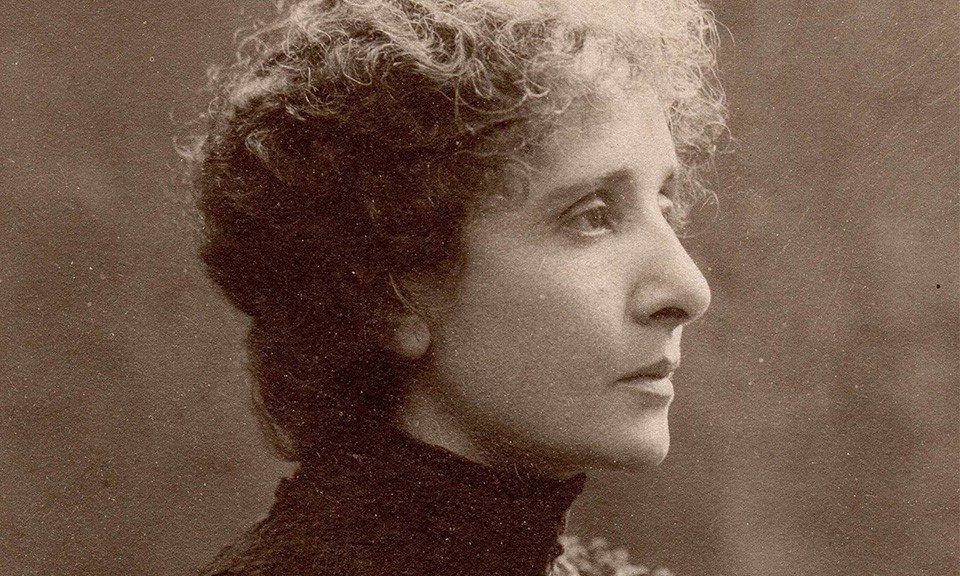

 (4 / 5)
(4 / 5) 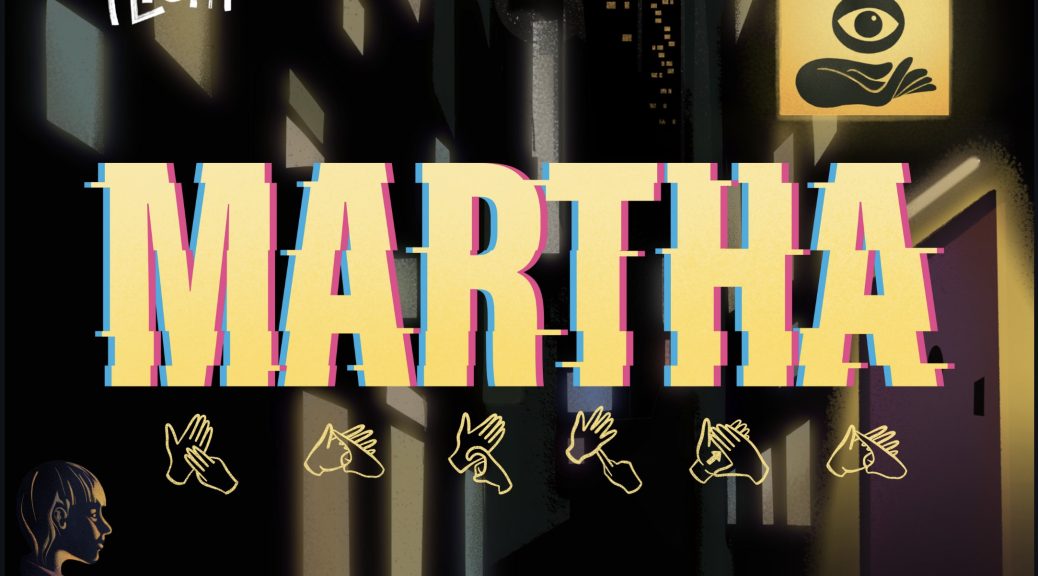

 (3 / 5)
(3 / 5)
 (5 / 5)
(5 / 5)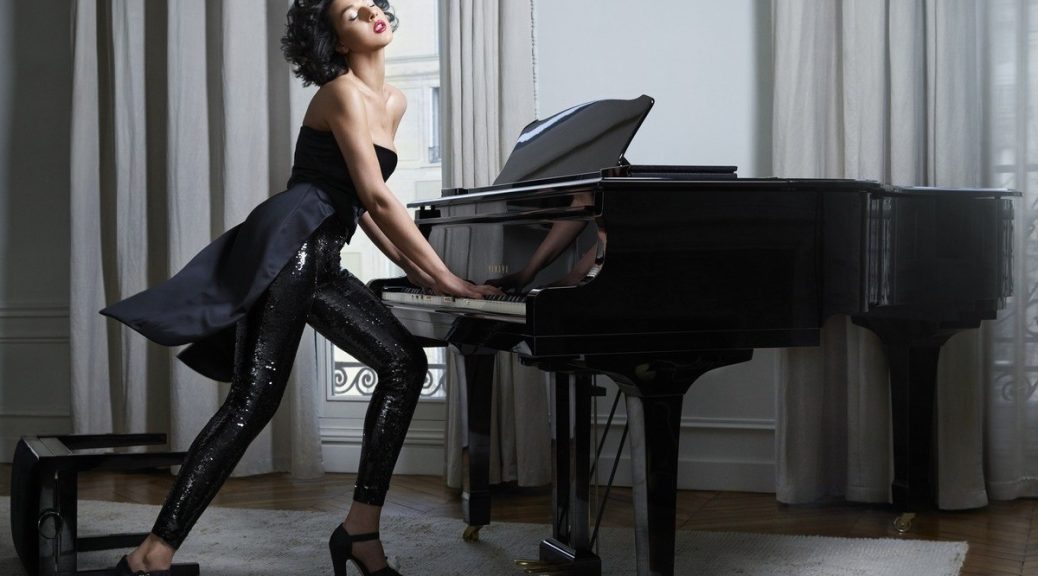
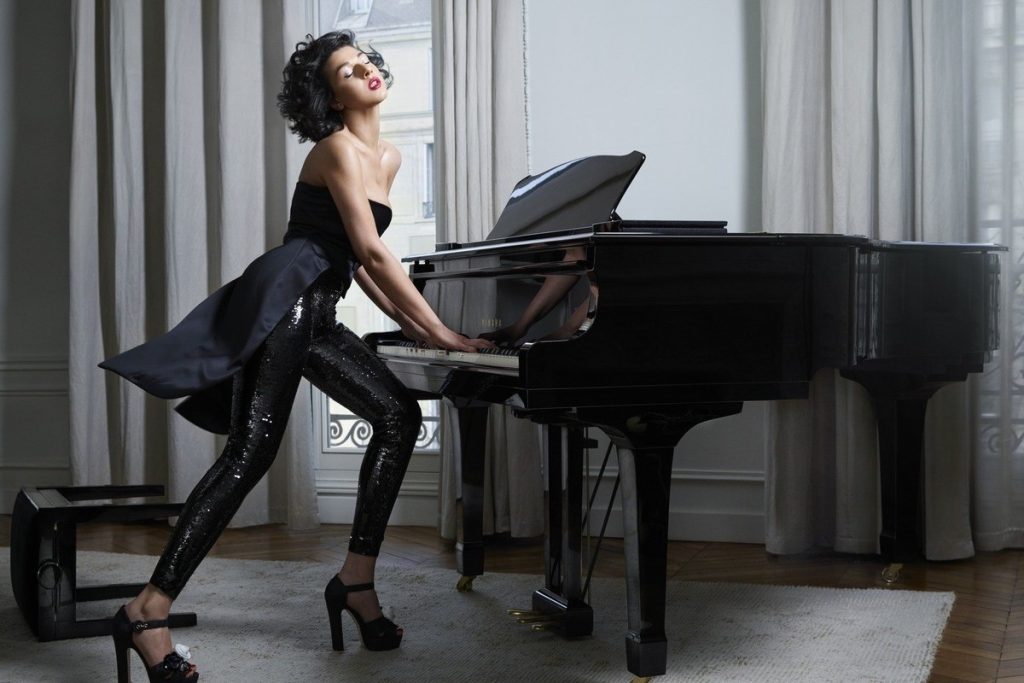
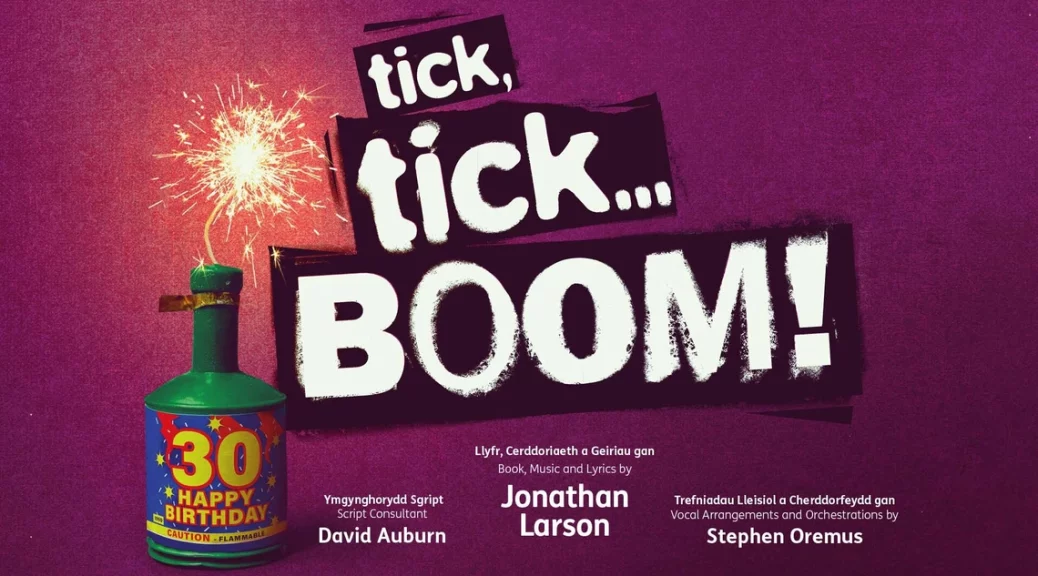
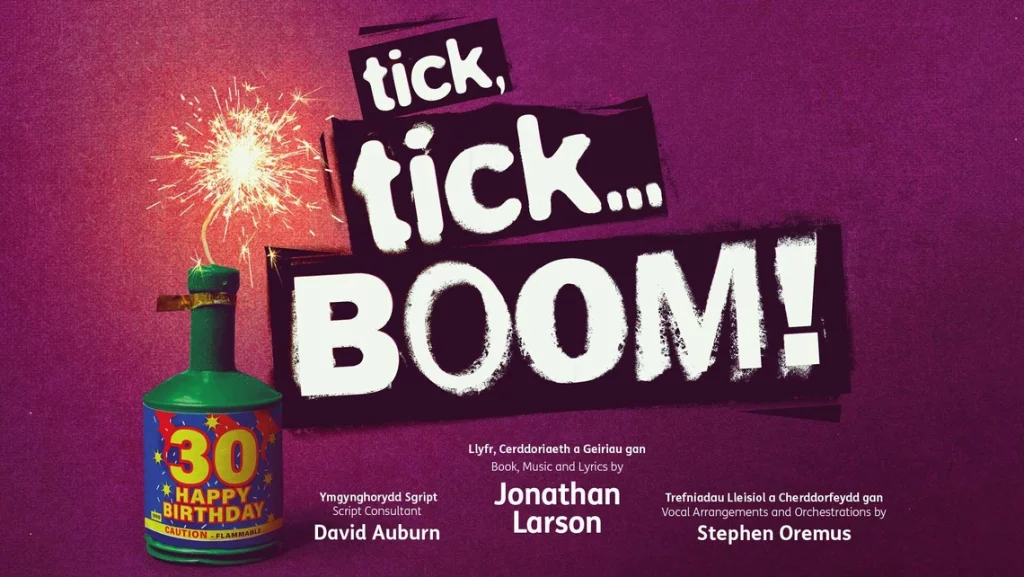

 (4.5 / 5)
(4.5 / 5)

